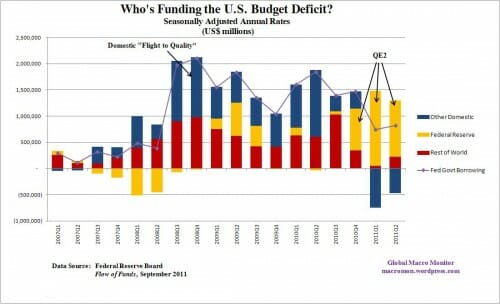Cuban Sanctions Have Done Such a Good and Speedy Job at Removing the Castros We Are Going To Try The Same Thing in Venezuela
Another of the issues I have moved a lot on in life has been trade sanctions. Back in the day, I was all for sanctioning the cr*p out of any country run by bad people, which is a pretty long list. Now, I am convinced this approach is totally counter-productive. First, the story via WSJ:
The U.S. is evaluating whether to impose tougher sanctions against Venezuela’s military and vital oil industry, a senior Trump administration official said Monday, as it seeks to ratchet up pressure on authoritarian leader Nicolás Maduro to hold free and fair elections.
The Trump administration is considering a range of measures including curtailing the flow of Venezuelan oil to the U.S., the official said, in what could be the harshest blow to the country's money supply. No final decision has been made.
The U.S. has already penalized a host of Venezuelan government heads, its gold sector and has blocked investors from renegotiating Caracas’s defaulted debt. The U.S. administration has held off on more draconian efforts like an oil embargo, weighing the humanitarian cost for economically devastated Venezuela, which depends almost entirely on crude exports. The U.S. also has been analyzing any potential harm to American businesses that buy Venezuelan crude.
Now, however, the Trump administration aims to up the ante after Mr. Maduro last week defied international calls to resign and was sworn in for a new six-year term following a May re-election that some 60 countries deemed fraudulent.
“Until now, we have been going around the edges,“ the official told The Wall Street Journal. “Now it’s a new dynamic. We are no longer going to be tinkering along the edges. Nowadays, everything will be put on the table.”
This is pretty much the same approach we took for years in Cuba to "punish" Castro and get him removed. For over 50 years these sanctions have made zero progress on their intended effect of regime change, and have instead:
- Increased the socialist-created poverty and distress for ordinary people while Castro and other leaders partied it up on private islands and in total luxury
- Given Marxist apologists like Bernie Sanders cover to claim that Cuba's obvious economic failure is not due to socialism, but due to American sanctions
- Cut off business, economic, tourist, and cultural exchanges that might have brought liberal and enlightened thinking to the country.


